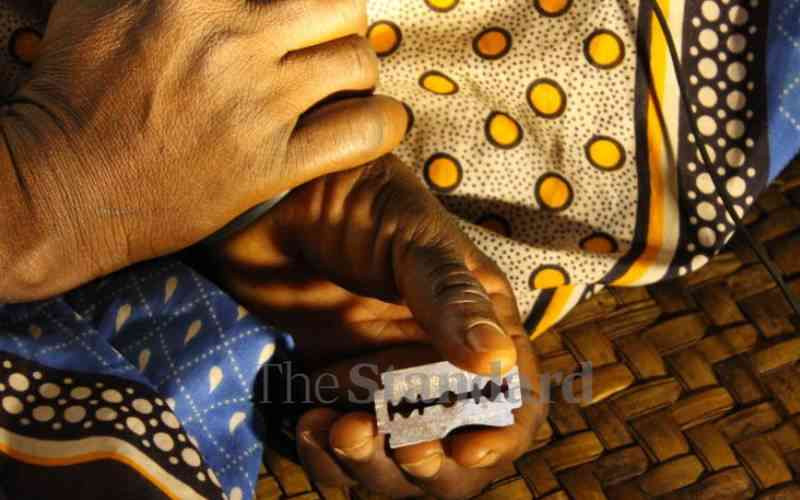×
The Standard e-Paper
Home To Bold Columnists

FGM, which comprises all procedures that involve partial or total removal of the external female genitalia, or any other injury to the female genital organs for non-medical reasons, has traditionally been the main rite of passage for girls from some communities. [Lucy Murunga, Standard]
Teenager Britney Korir, a Kenyan tennis star based in Australia, is among 230 girls from Kipkelion East Constituency, Kericho County, who have escaped female circumcision in favour of an alternative rite of passage.